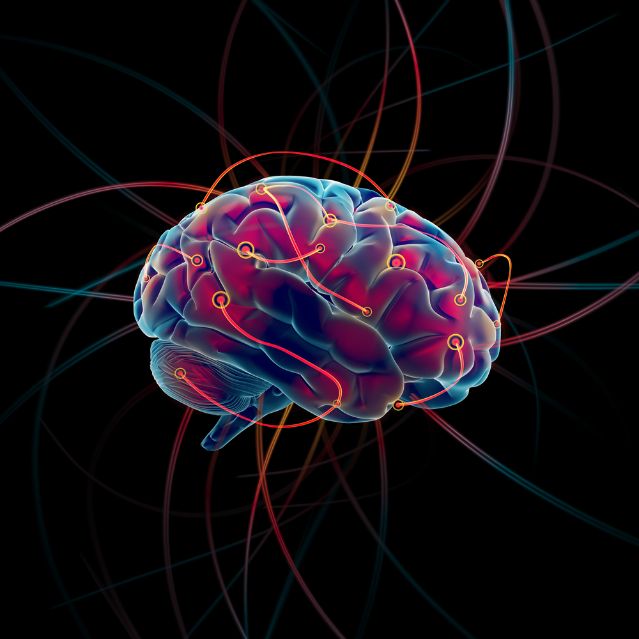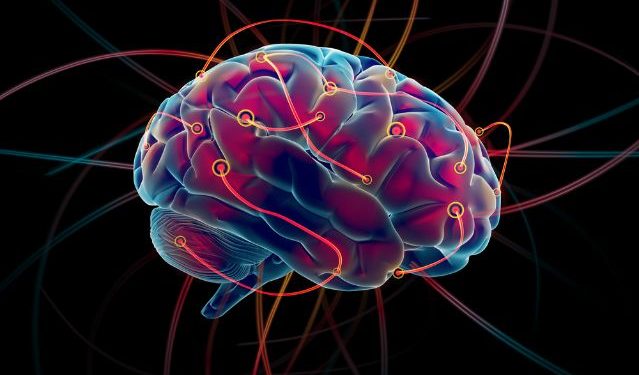A stroke occurs when a blood vessel in the brain ruptures or a blockage stops the flow of blood, causing damage and cutting off oxygen to brain cells. This can affect the way you think and move. If you know what to look out for, you can spot a stroke and call 999 for help quickly.
Symptoms of a stroke depend on the area of the brain affected. Check for facial weakness (has the side of the mouth or eye drooped?), weakness or paralysis in the arms and legs, and slurred speech. These symptoms can happen suddenly, so it’s important to get help straight away if you see them.
If a person is having a hemorrhagic stroke, their doctor may do a CT scan to find out how much bleeding has happened inside the brain. They’ll also do blood tests to check if they have high blood pressure, high cholesterol or other health problems that make a stroke more likely.
For ischemic strokes, treatment focuses on restoring circulation to the affected part of the brain. This is usually done using clot-busting medicines. These drugs, called thrombolytics, break down the clots that cause an ischemic stroke. They must be given within three hours of a stroke starting to be most effective. Other treatments include medicines to control blood pressure and medicine to prevent another stroke. If you’ve had a stroke, your doctor may also recommend lifestyle changes. This includes stopping smoking, eating a healthy diet, getting regular exercise and managing any health conditions you have to reduce your risk of a future stroke.

Whether you have an ischemic or hemorrhagic stroke, rehabilitation can speed up your recovery and help you live as independently as possible. It starts in hospital where nurses, physiotherapists and occupational therapists can help you with your daily tasks. They’ll teach you new ways of doing things and help you regain skills you might have lost.
You’ll also learn how to manage any other health conditions you have. This might involve taking tablets, having injections or going for surgery. For example, if you have diabetes, you might need to take insulin or other medication to keep your blood sugar under control. You might need to have surgery to unblock your arteries if you have high blood pressure or a condition like moyamoya disease that weakens blood vessels in the brain.
It’s important to take part in rehabilitation and follow your care plan. You might have to return to hospital for more rehabilitation if your problems are severe. The most successful rehabilitation is when you go to your appointments and do what your doctor asks you to do. It’s also important to get help if you have mental health problems, such as depression or anxiety, because these can hold you back. If you’re having depression or anxiety, your doctor can offer advice and refer you to specialist support services. They might also suggest talking therapies, such as counselling.









